- Your cart is empty
- Continue Shopping
Borosilicate Measuring Cylinder 25ml pack of 1pc.
Original price was: ₹289.00.₹129.00Current price is: ₹129.00.
- Material: The cylinder is made of high-quality, heat-resistant borosilicate glass that is resistant to thermal shock and chemical corrosion.
- Graduations: The cylinder has clear, easy-to-read graduations marked on the side of the cylinder in increments of 0.1 ml or 0.2 ml, allowing for accurate measurement of liquid volumes.
- Tolerance: The cylinder has a tolerance of +/- 0.2 ml, meaning that measurements taken with the cylinder will be accurate to within 0.2 ml.
- Dimensions: The typical dimensions of a 25 ml measuring cylinder are approximately 170 mm in height, 24 mm in diameter, and 1.8 mm in wall thickness.
- Temperature range: The cylinder can typically withstand temperatures ranging from -50°C to 550°C without cracking or shattering.
- Sterilization: The cylinder can be sterilized by autoclaving or by using chemical sterilization methods.
- Cleaning: The cylinder can be cleaned using a wide range of cleaning agents, including water, soap, and alcohol.
A 25 ml borosilicate glass measuring cylinder is a laboratory instrument that is commonly used for measuring the volume of liquids. It is made of borosilicate glass, a type of glass that is highly resistant to thermal shock and chemical corrosion, making it ideal for use in scientific applications. The following are some of the key features of a 25 ml borosilicate glass measuring cylinder:
1. Capacity: The cylinder has a capacity of 25 milliliters (ml) or 0.85 fluid ounces (fl oz).
2. Graduations: The cylinder has graduations marked on its surface to allow for accurate measurement of liquid volumes. These graduations are usually marked in increments of 0.1 ml or 0.2 ml.
3. Tolerance: The cylinder has a tolerance of +/- 0.2 ml, meaning that measurements taken with the cylinder will be accurate to within 0.2 ml.
4. Dimensions: The typical dimensions of a 25 ml borosilicate glass measuring cylinder are approximately 170 mm in height, 24 mm in diameter, and 1.8 mm in wall thickness.
5. Weight: The weight of a 25 ml borosilicate glass measuring cylinder is typically around 60 grams.
6. Temperature range: The cylinder can typically withstand temperatures ranging from -50°C to 550°C without cracking or shattering.
7. Sterilization: The cylinder can be sterilized by autoclaving or by using chemical sterilization methods.
8. Cleaning: The cylinder can be cleaned using a wide range of cleaning agents, including water, soap, and alcohol.
9. Stability: The wide base of the cylinder provides stability, making it less likely to tip over when measuring liquids.
10. Durability: The borosilicate glass construction of the cylinder makes it resistant to breakage and thermal shock, ensuring that it will last for a long time with proper care.
11. Accuracy: The graduations on the cylinder are clearly marked and easy to read, making it easy to measure liquids with a high degree of accuracy.
Overall, a 25 ml borosilicate glass measuring cylinder is a reliable and accurate laboratory instrument that is designed to withstand a wide range of conditions and is suitable for use with a variety of chemicals and solvents. Its precision and durability make it a valuable tool for scientific research and other laboratory applications, and its stability and ease of use make it a popular choice for many scientists and researchers.
| Weight | 90 g |
|---|---|
| Dimensions | 8 × 8 × 8 cm |
Only logged in customers who have purchased this product may leave a review.


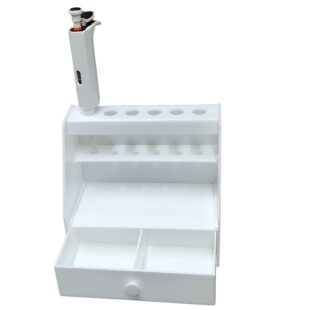
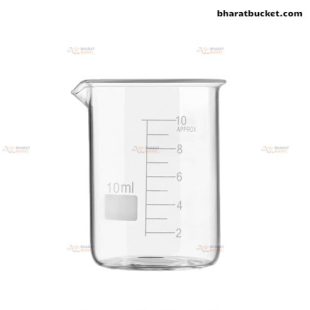
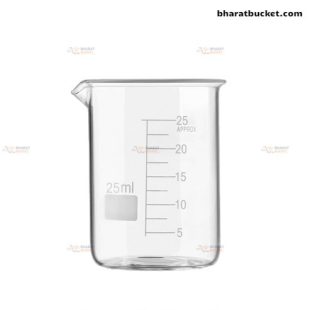
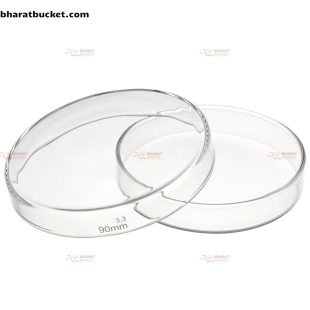
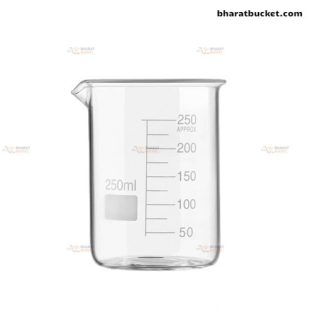
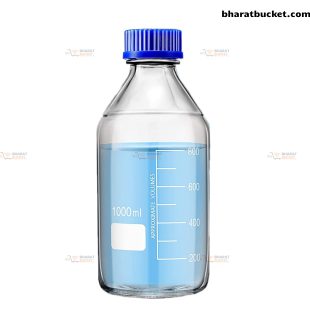
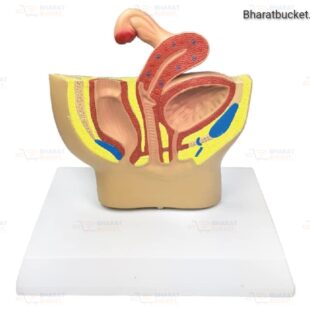
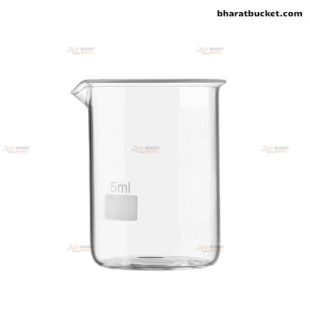
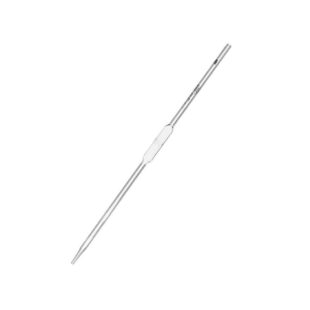

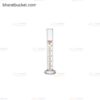
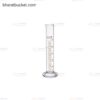

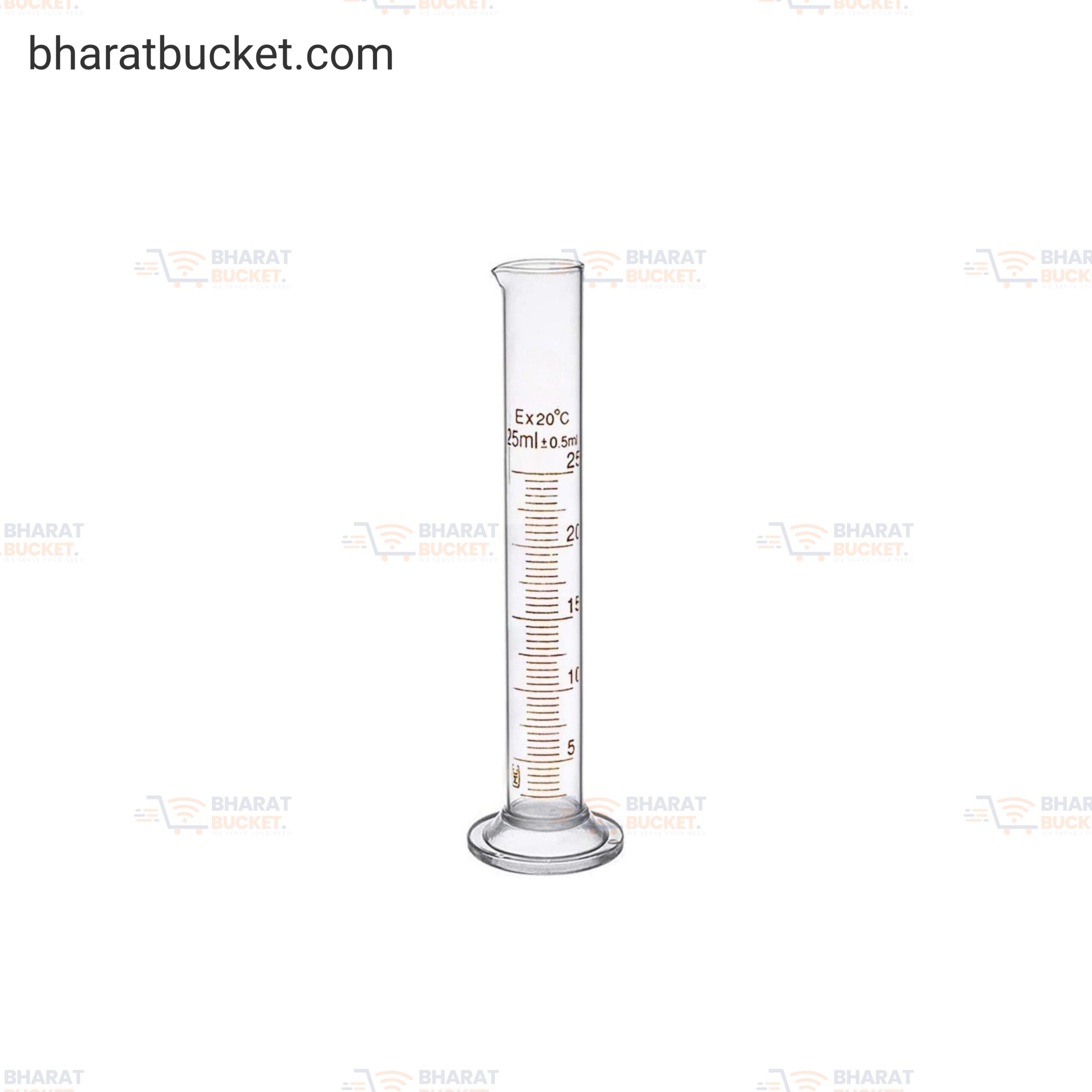
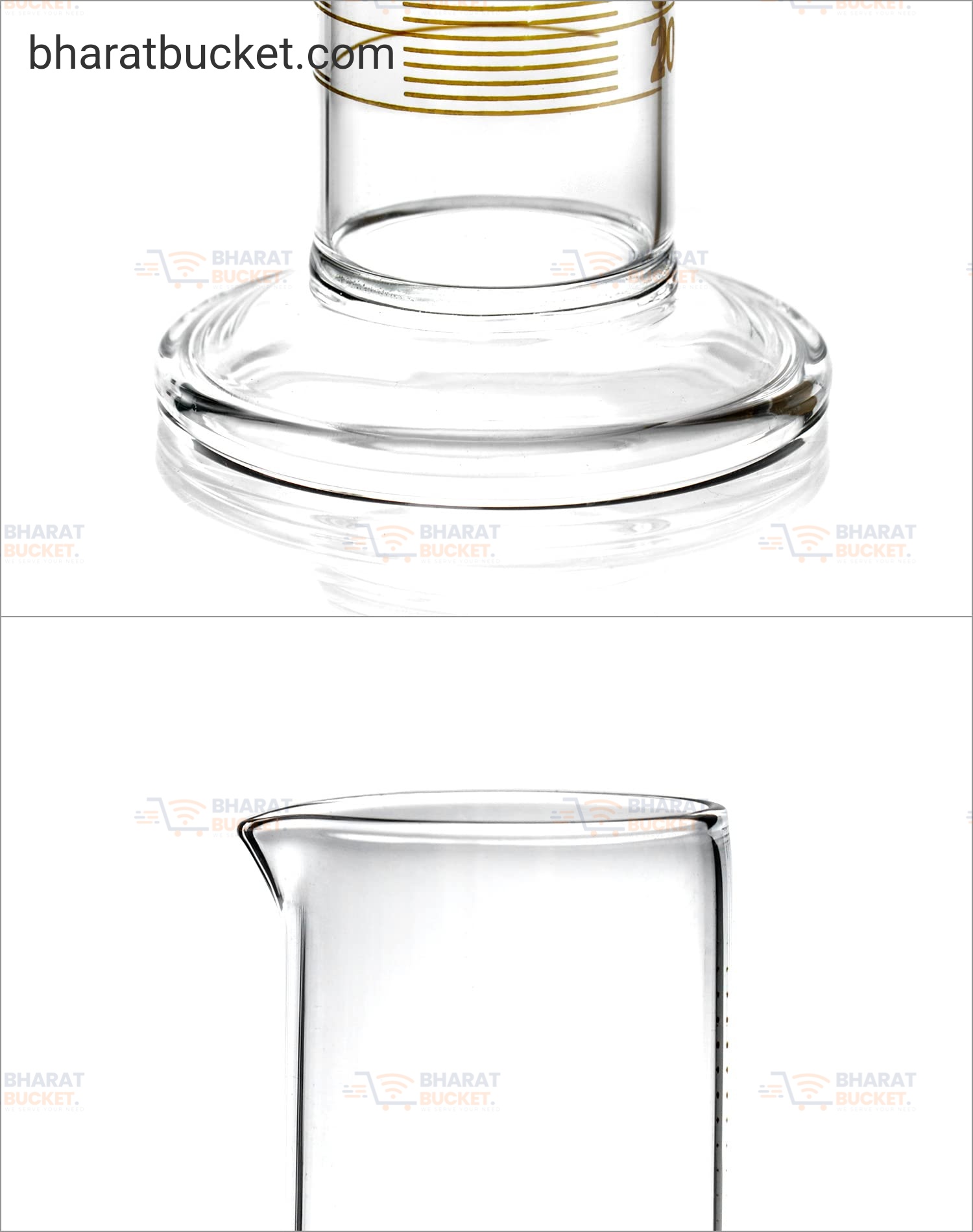
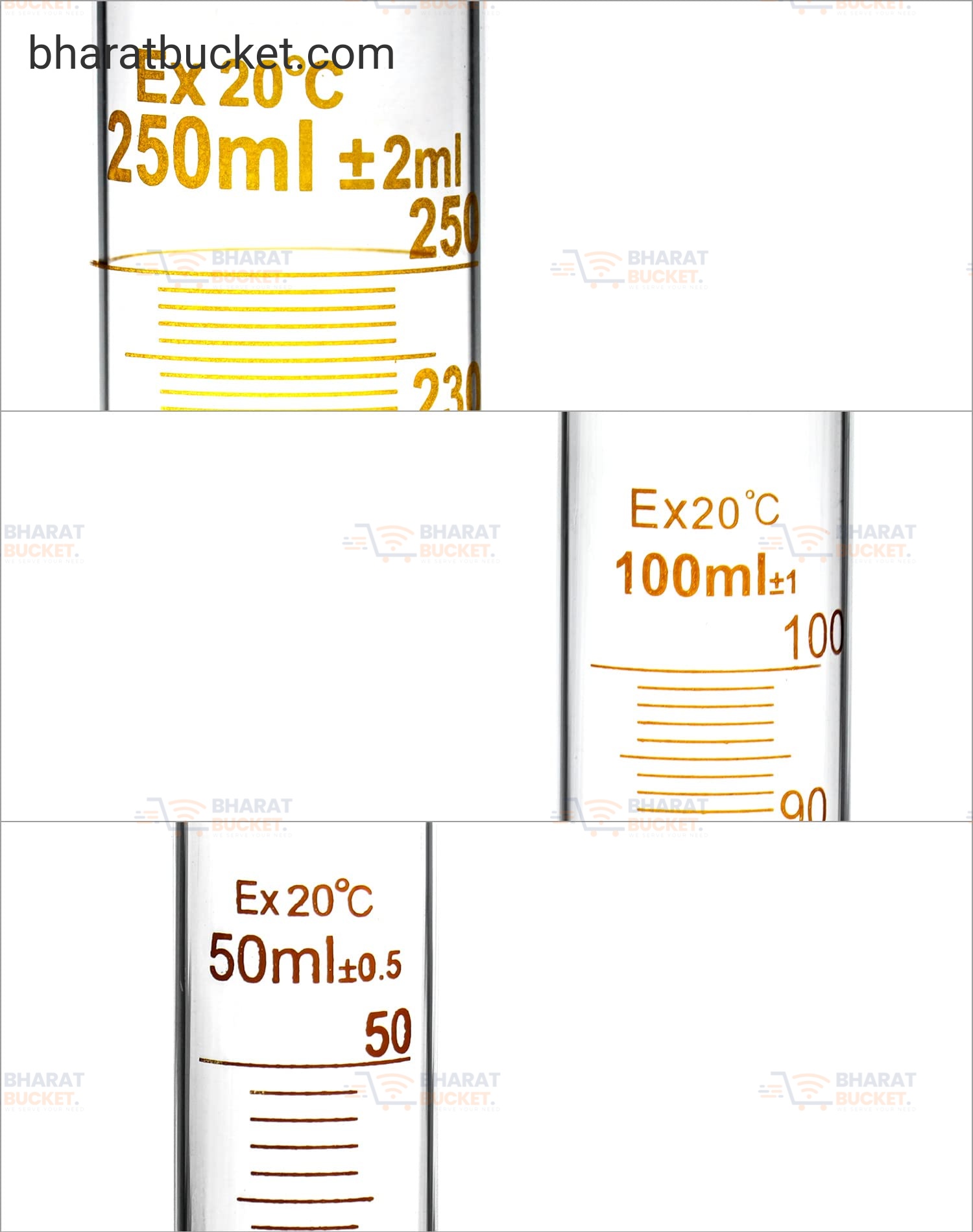

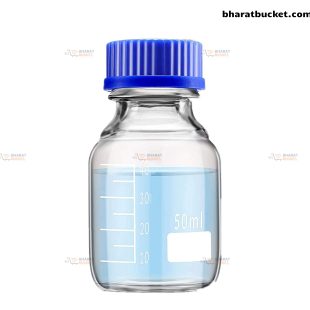
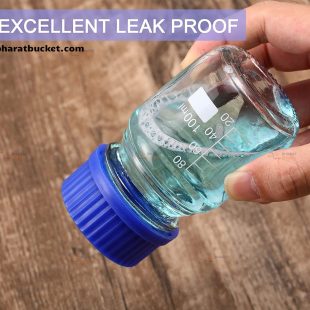
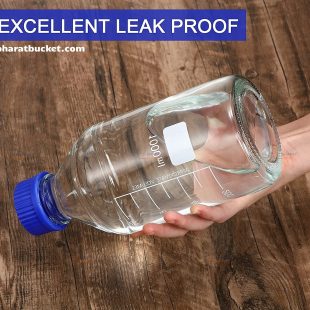
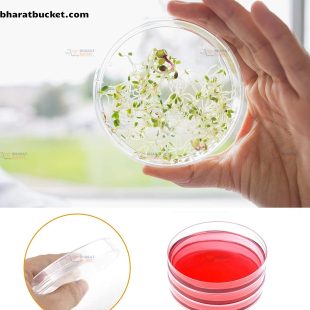

Reviews
There are no reviews yet.